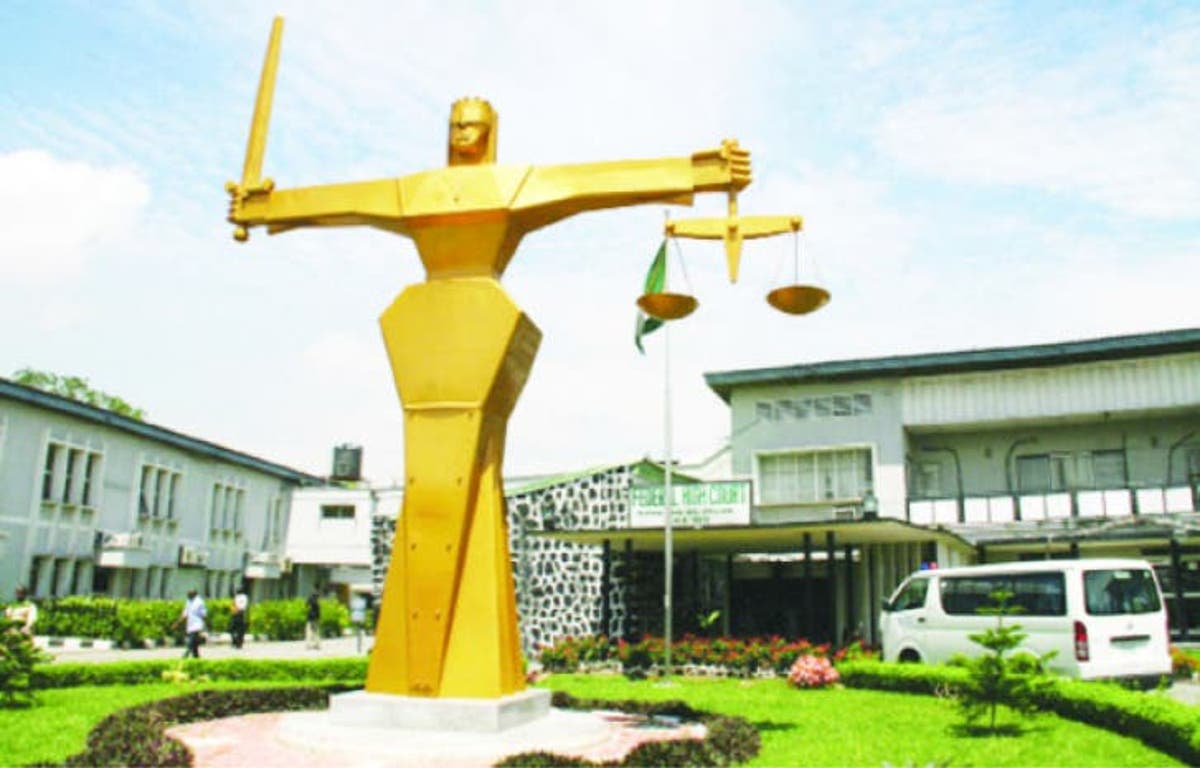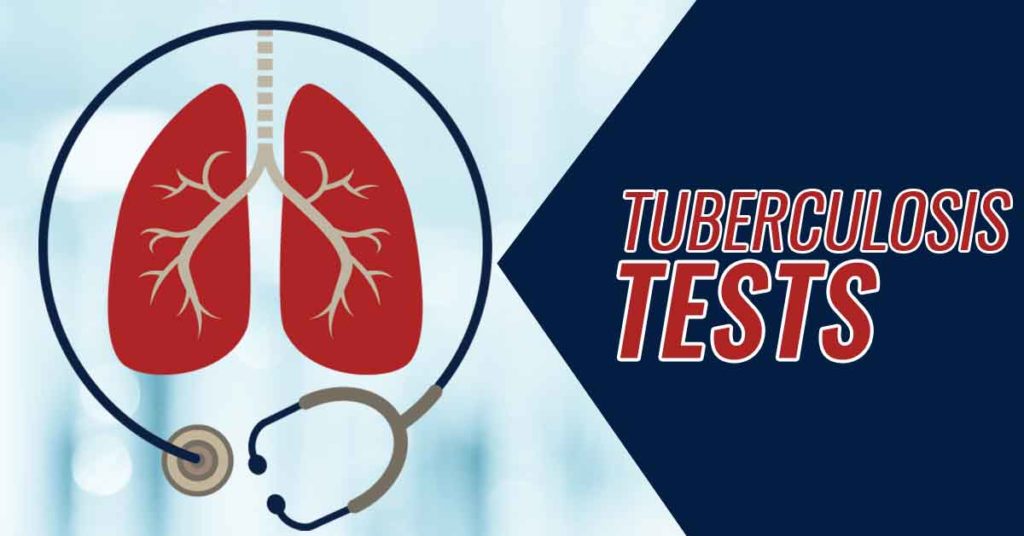Court orders extension of NIN registration by 2 months
A Federal High Court Sitting in Lagos had ordered the extension of the deadline for National Identity Number, NIN by two months.
Justice M.A Onyetenu granted the extension while delivering ruling in a suit filed by human rights lawyer, Monday Ubani against the Federal Government, Attorney-General of the Federation, Nigerian Communications Commissions, NCC and the Minister of Communication and Digital economy.
In the suit, Ubani had contended that the initial two weeks ultimatum (now extended to April 6, 2021) given to telecommunication operators to block SIM cards of Nigerians who have not registered their SIM card with NIN if allowed, will infringe on his constitutionally guaranteed freedom of expression, right to own moveable property and right to life.
He, therefore, prayed the court for an order halting the said ultimatum and extending the deadline.
other prayers made by Ubani include; a declaration that the ultimatum given to telecommunications operators by the 1st, 3rd and 4th Respondents to block all Subscriber Identification Modules (SIM) cards that are not registered with NIN, is grossly inadequate and will not only work severe hardship, but will likely infringe on the fundamental rights of the Applicant ( and millions of other Nigerians) to freedom of expression as guaranteed by Section 39(1)(2) of the 1999 Constitution as well as violate Section 44(1) of the 1999 constitution which prohibits the compulsory acquisition of right or interest over moveable property.
“A declaration that in a view of the COVID-19 pandemic and the rising cases in Nigeria presently, the deadline given by the 1st,3rd and 4th Respondents to the Applicant and over 200 million Nigerians to register their SIM cards with NIN, will lead to a rush, thereby resulting to clustering of the Applicant and other Nigerian citizens in a NIN registration centre, subjecting him to the possibility of easily contracting the COVID-19 virus and such will amount to a violation of his fundamental right to life as protected by Section 33(1) of the 1999 Constitution”.








